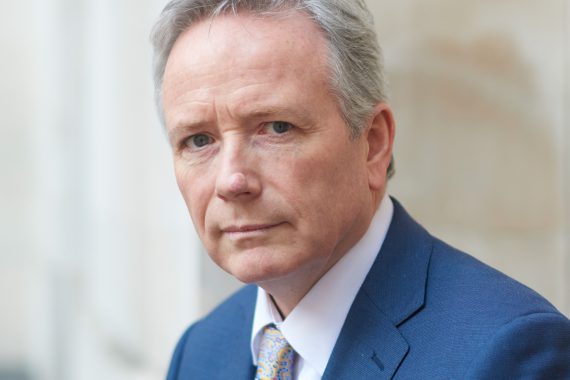GP leaders have called for clarity across the UK about whether governments would reimburse practices for expected increases in indemnity costs.
The Department of Health in England has confirmed that it will foot the bill should medical defence fees shoot up in response to increasing costs for lifetime payouts in clinical negligence cases.
But Dr Tom Black, Northern Ireland GPC chair called for a UK wide agreement after receiving no such assurance from officials in Northern Ireland despite general practice facing the exact same problem.
‘Indemnity is the number one short-term risk for the system at the moment,’ he says.
‘We are already seeing significant increases in medical defence payments with some GPs going from annual payments of £8,000 to £12,500.
‘There are already doctors who are reducing out-of-hours work or cutting day time sessions to make ends meet.’
He said the current shortage of GPs would be made worse if doctors were forced to have to move to hospital work where indemnity was covered because they could no longer afford the cost.
In response to the statement Pulse received from the DH in England that funding would be made available should medical defence organisations increase their fees, Dr Black said: ‘We have had no such commitment’.
‘This needs to be solved in the next four to six weeks and we need a solution that is UK wide.’
Scottish GPC chair Dr Alan McDevitt said the decision earlier this year to change the discount rate in Scotland had caused concern among GPs that it will lead indemnity increases as has been predicted for some time in England and Wales.
‘The last thing that GPs in Scotland need now is to be hit with higher indemnity bills and, working closely with GPC UK, we have repeatedly made that clear in discussions with defence unions and the Scottish Government.
He added: ‘The health secretary has previously made clear that she is engaged with this issue and SGPC will continue to strongly make the case to the Scottish Government that they must ensure that any increased costs to GPs will be met in full.’
GPC Wales chair Dr Charlotte Jones said a wide range of options were being looked at solve the problem of rising indemnity costs for GPs in Wales.
Wales currently has a risk pool for doctors working in out of hours services run by health boards which is also available to GPs working in health board managed practices.
When asked if this could be expanded, she said changes to the discount rate meant they were ‘looking at range of indemnity solutions urgently’.
A spokesperson for the Welsh Government said: ‘The Welsh Government is working closely with the English Department of Health and the other devolved administrations to address the impact of increasing GP professional indemnity costs.’
Pulse July survey
Take our July 2025 survey to potentially win £1.000 worth of tokens












